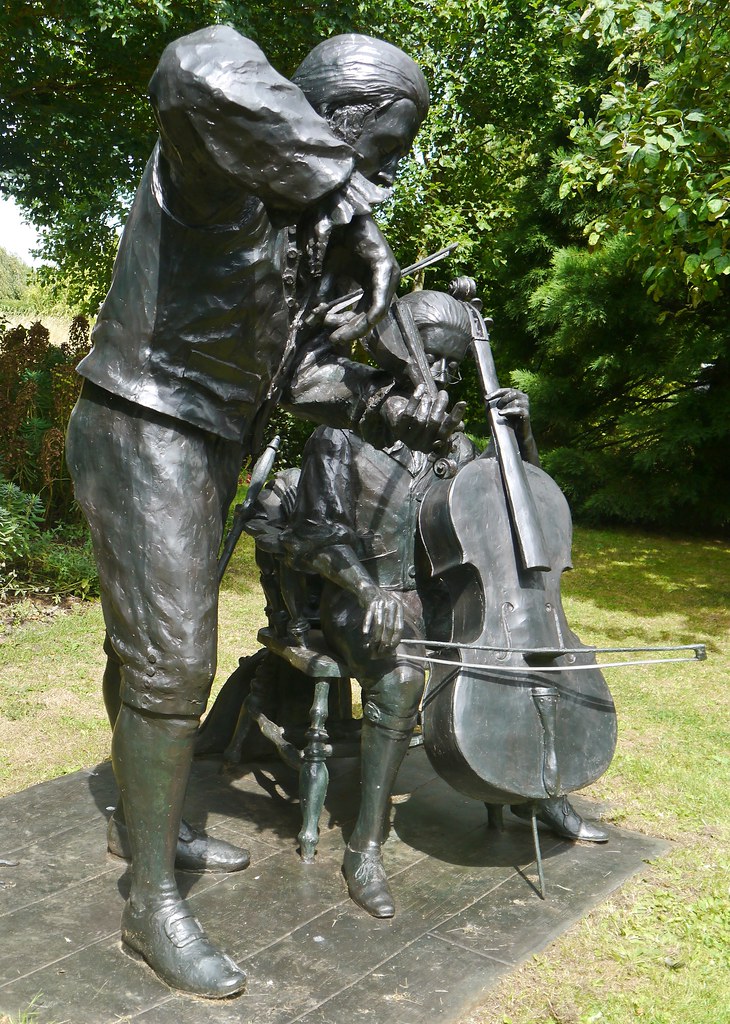
Sensational, purient and gruesome but fascinating.
Audrey Hepburn had suffered badly during the war. Despite his earlier Fascist leanings, her interned father had never been a traitor to Britain. Her mother’s family were no friends of the Germans, either. The van Heemstras had Jewish blood, several generations back, and had been obliged to accommodate the Kaiser in their castle at Doorn when he sought asylum after the Great War. They had later had to sell the castle to him against their wishes.
Audrey had seen enough of the Germans during the war to last her forever. The same age as Anne Frank in Amsterdam, she had watched Jews being rounded up, many of them refugees from Germany, and transported to the holding camp at Westerbork for onward transition to Auschwitz. She had been a helpless witness as her own neighbors were herded into trucks and taken away:
I’d go to the station with my mother to take a train and I’d see cattle trucks filled with Jews … families with little children, with babies, herded into meat wagons—trains of big wooden vans with just a little slat open at the top and all those faces peering out. On the platform, soldiers herding more Jewish families with their poor little bundles and small children. They would separate them, saying “The men go there and the women go there.” Then they would take the babies and put them in another van. We did not yet know that they were going to their death. We’d been told they were going to be taken to special camps.9
Audrey’s own uncle had been executed by the Germans, shot in reprisal for a sabotage attack by the Resistance. She herself had lived in fear of being kidnapped and taken to a military brothel, as so many other girls had been. She had indeed been picked up once by the Wehrmacht, who were looking for women to work in their kitchens, but had escaped immediately, running away and remaining hidden indoors for the next few weeks.
She had also worked for the Resistance, tripping past German sentries with messages concealed in her shoe. During Operation Market Garden, the Allies’ attempt to force a passage across the Rhine at Arnhem, she had made contact with a British paratrooper stranded in the woods and put him in touch with Resistance members in the town. With so many friendly troops around, the Dutch had assumed that liberation was at hand, only to be bitterly disappointed when the Allies withdrew and the Germans evicted them from their homes in retaliation. Audrey and her mother had gone to her grandfather’s large house at Velp, three miles from Arnhem, but others had had nowhere to go at such short notice. Audrey had watched them with horror:
I still feel sick when I remember the scenes. It was human misery at its starkest: masses of refugees on the move, some carrying their dead babies, born on the roadside, hundreds collapsing of hunger … 90,000 people looking for a place to live. We took in forty for a while, but there was literally nothing to eat, so they had to move on.10










